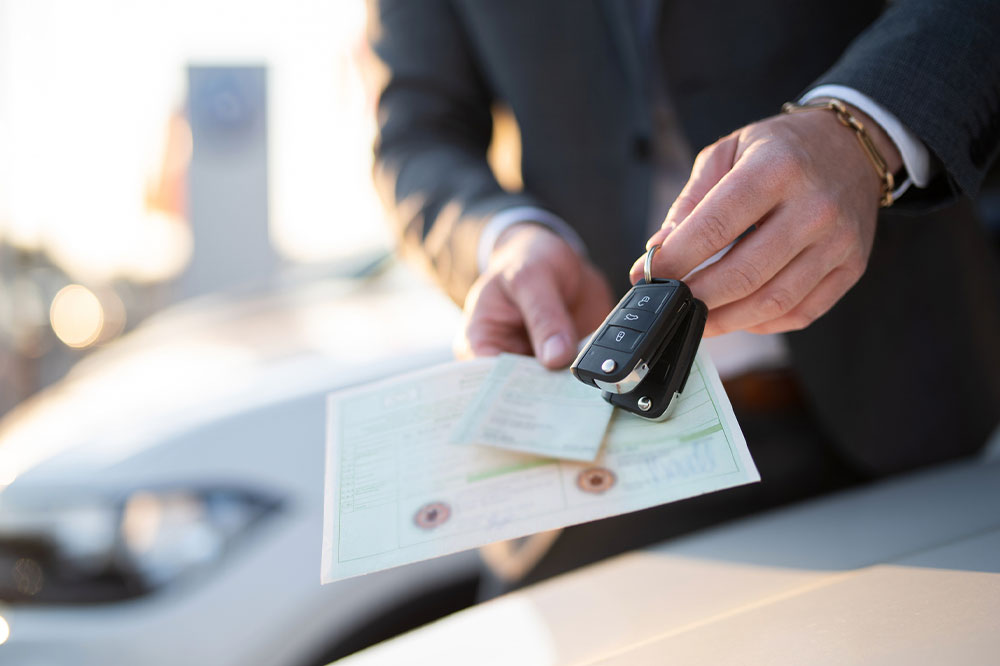Essential Guide to Vehicle Registration and Licensing Procedures
Learn all essential details about vehicle registration and licensing, including the necessary documents, procedures, costs, and penalties. This comprehensive guide helps vehicle owners understand legal requirements, registration timelines, and display rules to ensure compliance and avoid fines, making vehicle ownership smoother and hassle-free.

Essential Guide to Vehicle Registration and Licensing Procedures
Acquiring a new car or truck is an exciting milestone, but it involves essential paperwork procedures, mainly vehicle registration and licensing. These steps are legally mandatory across all regions and vehicle types. While specific rules may vary slightly between states, the core requirements remain similar. Here’s what you need to understand about vehicle registration and licensing.
Understanding Vehicle Registration
Registration establishes legal ownership of the vehicle, linking it to a specific owner. State authorities or the DMV require owners to register their vehicles to operate legally on public roads. During registration, officials inspect the vehicle and record key details, issuing a registration certificate. Failure to register or lapses in registration can lead to fines or vehicle impoundment.
What Does Vehicle Licensing Entail?
Licensing accompanies registration; once registered, vehicles receive license plates and necessary tags. A visible license plate indicates it’s a legally registered vehicle, suitable for travel on public roads. Display rules require plates to be unobstructed and correctly mounted. In many states, two plates are mandatory, one in the front and one at the rear, while others require only a rear plate.
Documents Needed for Vehicle Registration
Although requirements vary per state, most locations ask for the following:
Ownership proof: Title or lien agreement if financed
Insurance proof: Valid insurance that meets state minimums
Odometer reading: Either reported by owner or verified by authorities
Sale proof: Bill of sale from the dealership
Additionally, a valid driver’s license and payment method (credit card, check, cash) are necessary for registration or renewal.
When Should You Register Your Vehicle?
Registration is required in various scenarios:
Purchasing a vehicle: Dealerships may handle initial registration, but additional fees could apply based on location and seller type.
Renewals: Most vehicles need renewing every 1-2 years, with fees varying by state.
Relocation: Moving to a new state requires re-registering the vehicle within a limited window.
Consequences of Non-Compliance
Failing to register or renewing late can result in fines, penalties, or vehicle impoundment. Law enforcement may also demand proof of registration, license, and insurance during traffic stops or accidents. Penalty amounts differ across states.
Registration Costs and Fees
Fees depend on factors such as vehicle age, fuel efficiency, value, and whether you choose personalized plates. Costs can escalate with special plate options or additional features. Ensure registration is completed timely to avoid extra charges.
Although navigating registration and licensing may seem complex initially, fulfilling these legal requirements is vital. Doing so promptly can save money and legal trouble down the road.
Note: Our content aims to provide practical insights across various topics. While based on thorough research, it should not be considered exhaustive or definitive. Readers should verify information with official sources, as rules and offers may differ across regions and evolve over time.










